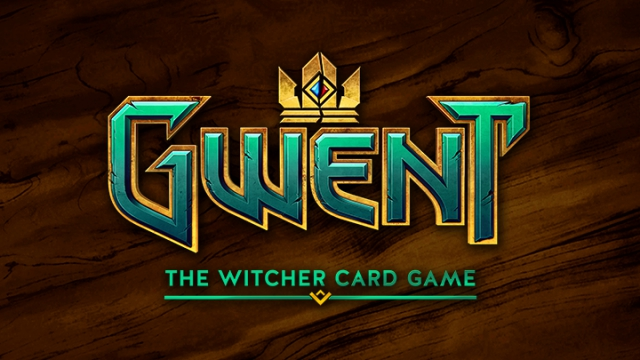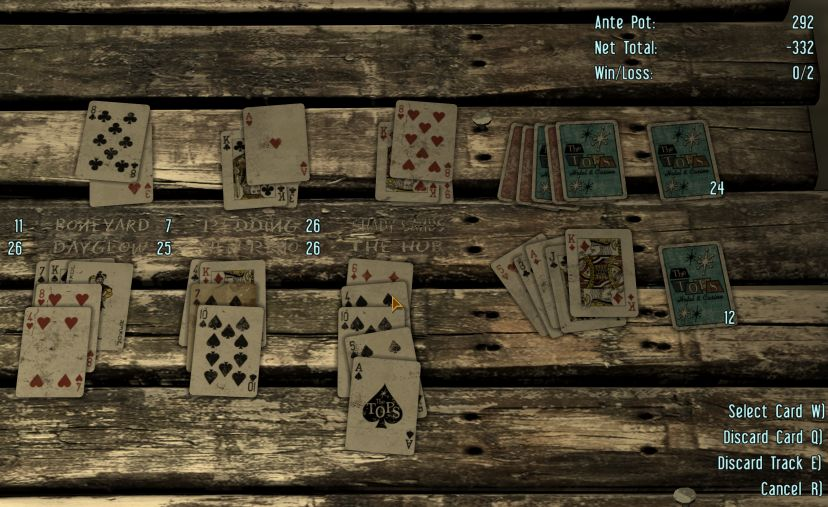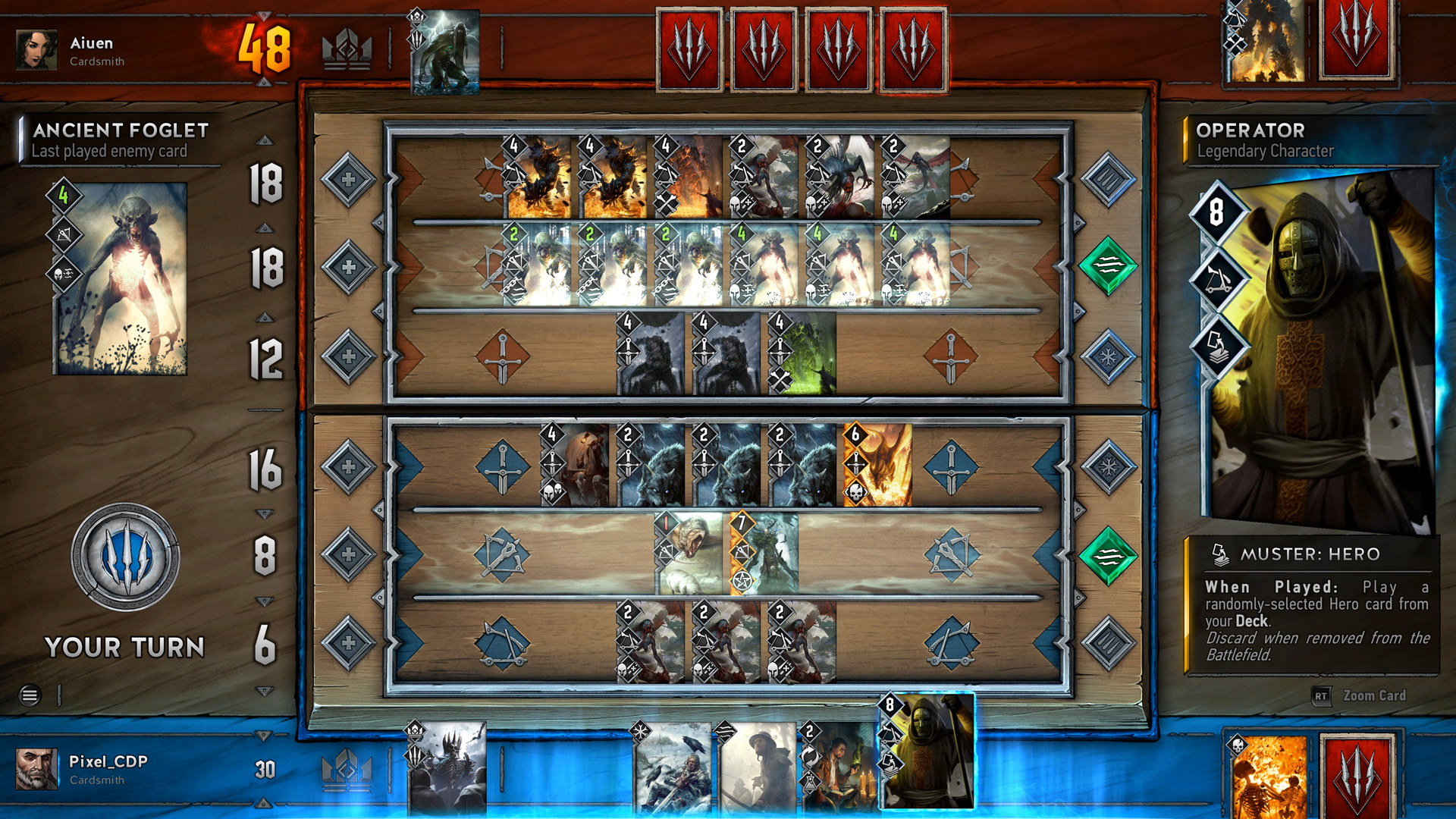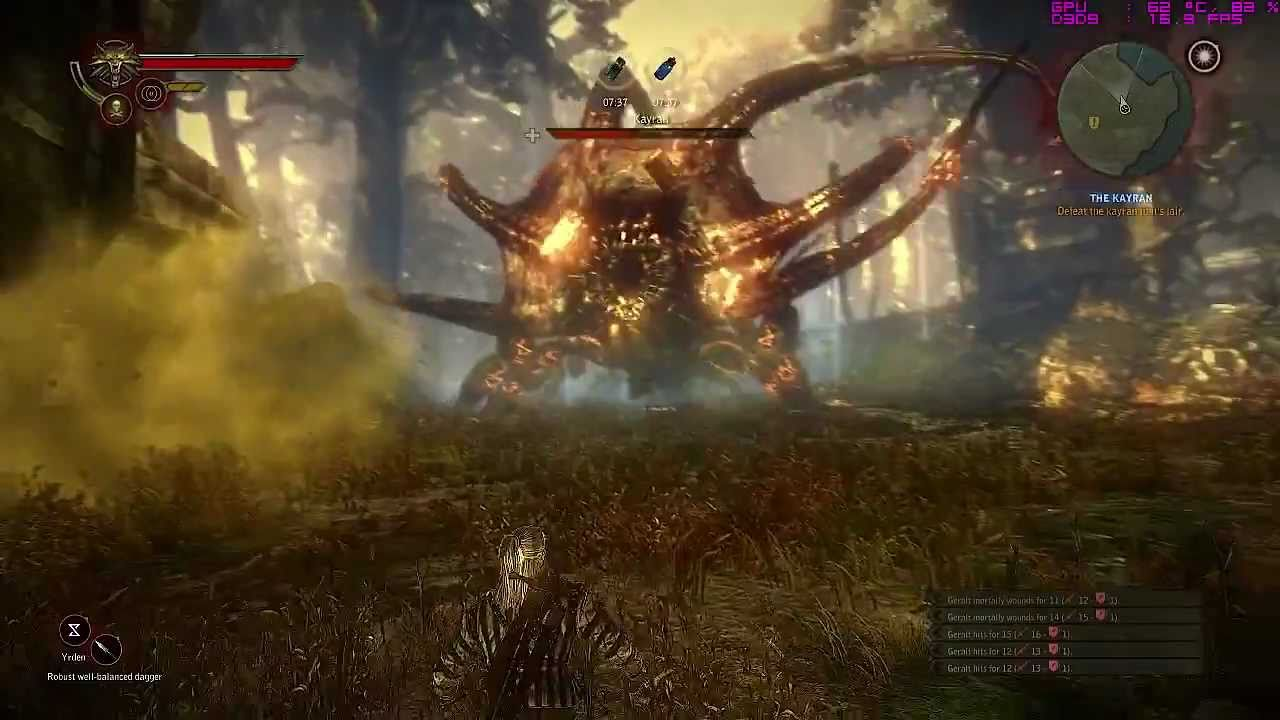In this Crossfader series, our video games staff takes a look at early versions of upcoming releases so that you can know which hype trains to board.

It seems that every high fantasy gaming franchise worth their salt is coming out with a card game based on the game’s lore. I already reviewed CHRONICLE: RUNESCAPE LEGENDS, and HEARTHSTONE continues to draw in players in droves. With THE ELDER SCROLLS: LEGENDS due out sometime this year, CD Projekt Red (AKA one of the only reasons you hear about Poland) is in the midst of their closed beta for their own game based on the lore of THE WITCHER (AKA the only reason you know about CD Projekt Red), GWENT: THE WITCHER CARD GAME. Fans of the series may or may not have played the game numerous times in THE WITCHER 3: WILD HUNT, and for those that have gone to great lengths to obtain the best possible cards in the land, rest easy in knowing that the game plays pretty much the exact same. While some may have had their first contact with the lore of the Witcher through the games, many others will be privy to the franchise through the popular the witcher books that came before. These books are well worth reading if you’re a fan of Geralt’s adventures.

In theory, Bethesda should be dropping a standalone Caravan game any minute now
GWENT, as the game will tell you, is designed to simulate two armies in the midst of battle. There are three rows on either side of the playing field, representing melee fighters, ranged fighters, and siege fighters. The object of the game is to be the first to win two out of three rounds by accumulating the most strength on their side of the field. Each card has a number representing its strength, as well as a specification as to which row it belongs to, and it can only be placed in the specified row, unless it has a special designation, in which case you can put that bad boy/girl/hellbeast anywhere you want.
When you get right down to it, GWENT is a game of strategy, which might explain why I absolutely blow at it. As one can imagine, playing GWENT isn’t as cut-and-dry as “get all the strong dudes on your team”; plenty of cards have varying effects and there are many types that the player has to keep track of. Those that mastered Gwent in WITCHER 3 will find that it’s a little more in-depth than before, and there are more status effects to worry about, such as armor values and remembering what it means when a card is gold, silver, or bronze. There’s a lot of variables to keep track of, and forgetting to factor in any one of them could lead to someone thoroughly kicking your ass.

I…cannot tell if Blue here is about to get absolutely destroyed or spring a clever trap
Similar to CHRONICLE, each GWENT game has a pretty quick turnover and lasts maybe ten minutes at a time, allowing many plays in a short-ish period. However, as I kept failing and failing to beat anyone but the tutorial, it lost the sense of addicting competition that I enjoyed about CHRONICLE. I think one of the reasons is because CHRONICLE feels more like a game of chance; maybe you’d put the right card in the right place at the right time, and then win the game. But with GWENT, it’s a matter of going into battle with a plan ahead of time, which I have to admit I’ve never fully been able to grasp. Both games also have extended tutorials, which breeds a sense of “I’ll figure this out once I play a few rounds” – which isn’t necessarily a bad thing – but even though I grasped the concept and the complexities of GWENT, I was rarely able to fully use them to my advantage.

So the game is on-brand, at least
While GWENT is without a doubt complex and tactical, as it stands now there are ways to win by simply using brute force against your opponent, which I suppose completes the war metaphor the game is supposed to represent. I’m not quite sure if that’s something the developers are looking for or if there’s more tweaking to be done in that regard. So far everything seems to be in place with the exception of the learning curve, which could as easily be a user problem as it could be a design flaw. Like many free-to-play card games, there’s a pay-to-win element; cards can be bought in a store using real money, though it doesn’t seem as though that feature is fully operational given that it’s still in closed beta. Additionally if you’re curious to try out GOG’s new Steam competitor, Galaxy, as well as play GWENT, then you’re killing two birds with one silver sword because it’s free as long as you make an account on GOG and download the client.
GWENT: THE WITCHER CARD GAME is currently in closed beta PC.
